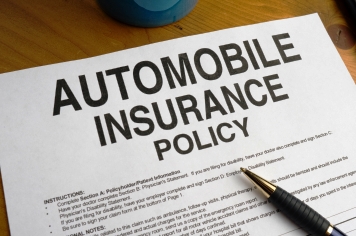Necessary Steps You Need to Take with Car Insurance If You Are Moving to Another State

You started packing up and you are ready to move to another state. You are retiring to a sunny state with long beaches and pleasant ocean breezes, or you are moving across the country in favor of a once-in-a-lifetime job opportunity. You are probably excited thinking about the new challenges and opportunities, unfamiliar surroundings and meeting new people. The last thing that is in your mind is your car insurance policy. However, updating your policy is important.
If you are moving to a new state, you should follow the next steps:
- Check your current policy. If you are moving to another state, then you are covered by your current policy during the whole moving process. If you are moving far away, then it’s a good idea to increase your liability limits, and ensure you have full coverage. On a long trip, you don’t want to get stuck in the middle of nowhere if your car breaks down, so adding roadside assistance to your coverage is important
- Check if your current provider is present in your new state. If you’ve arrived at your new location, then updating your car insurance policy should be a priority. Car insurance is regulated at the state level. Not all insurers have a license to operate in all 50 states, and all 50 states have different insurance requirements. For this reason, you should contact your current insurance company immediately and find out if they can offer you coverage in your new state. If the answer is yes, then you should sign a new deal with them.
- Look for a new insurance provider. If your current provider can’t offer you a new policy in your new state, then you should begin your search for a new insurance company. You can go to a local insurance agency, or contact a large nationwide insurance provider, or even look online for an insurance deal. Each state has its own regulations and requirements, so what worked in your old state might not work in the new state. Also, you will need to get a new policy in order to get new license plates and vehicle registration. The old insurance that is valid in another state is useless in this situation.
- Update your license and vehicle registration. The last thing that you will have to do is to update your driver’s license with the local motor vehicle bureau. Also, don’t forget to update your insurance policy with your new driver’s license number. Usually, you will have a certain amount of time to do that, but it’s recommended to do this sooner than later.
Visit us for more info and free quotes. Click here for free quotes!

